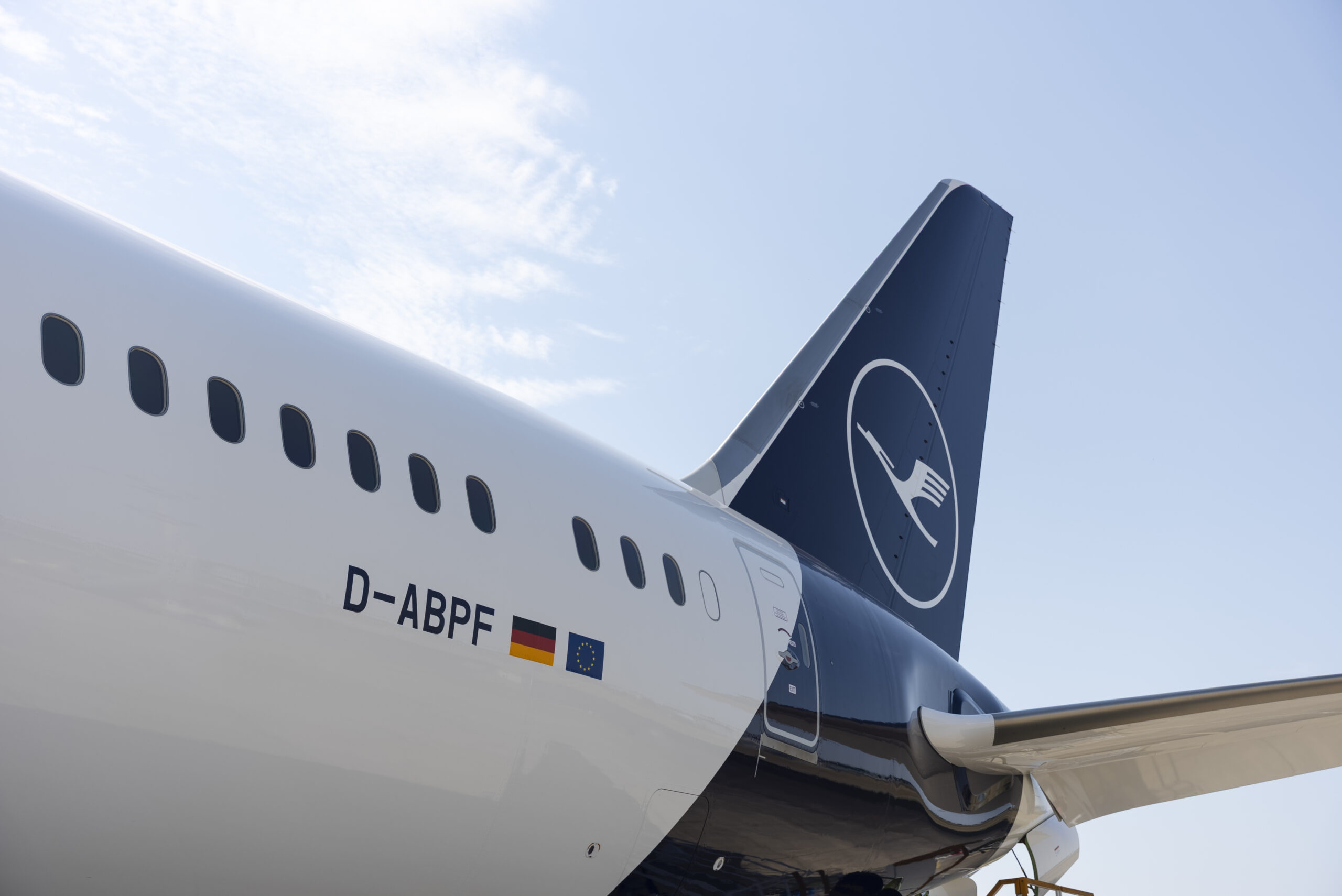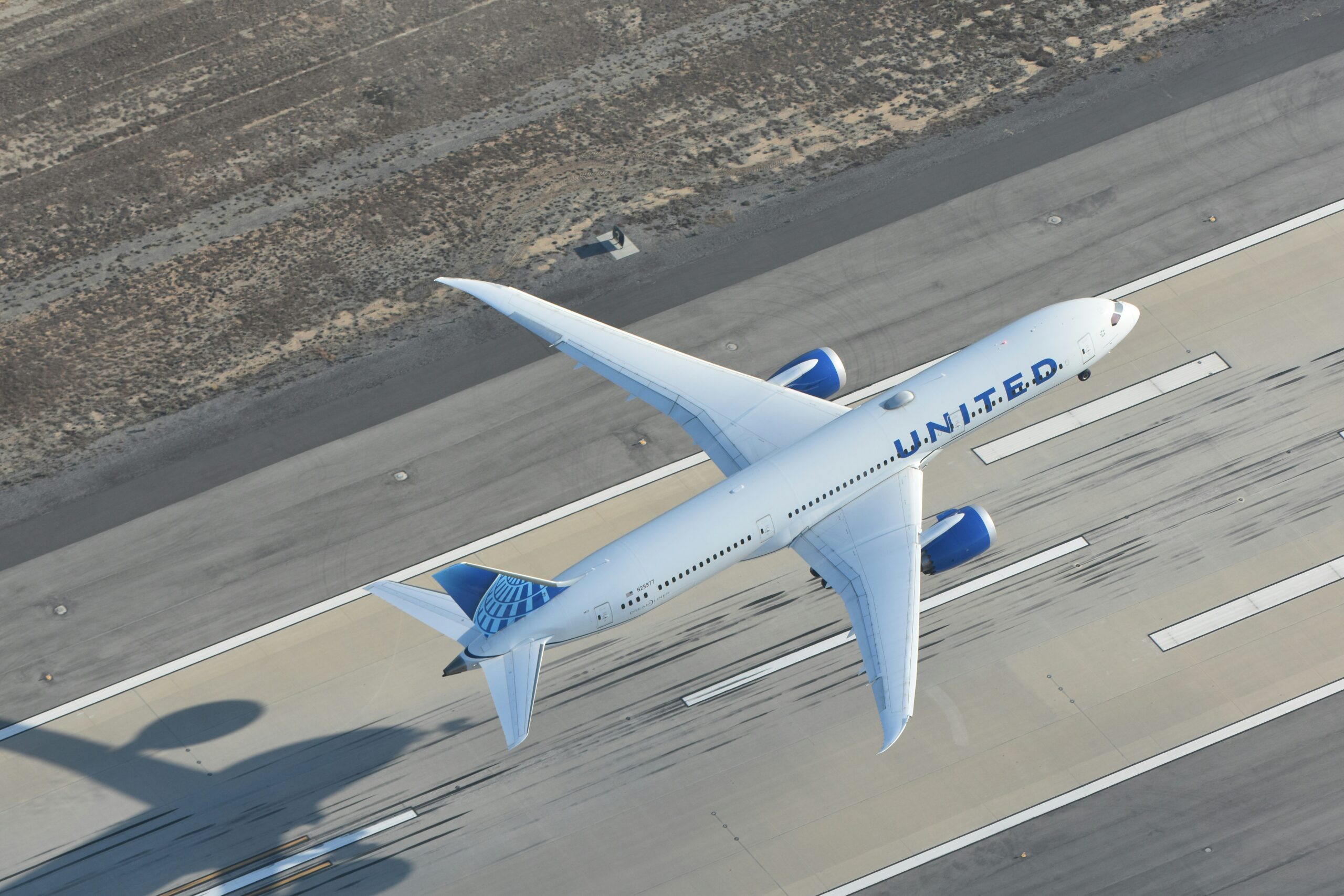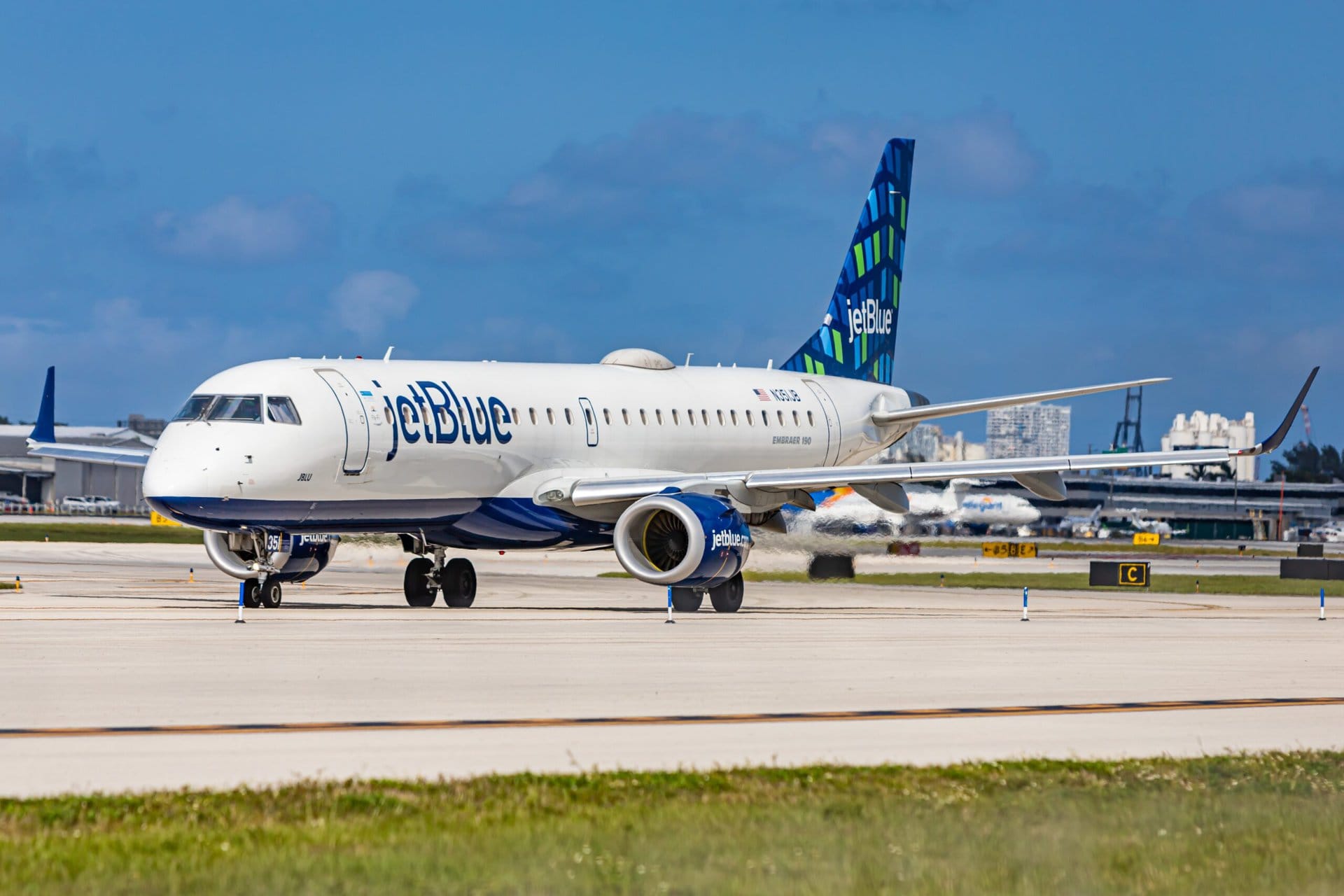What Women Want on Business Trips: These Cities Get It Right
With 13 million women-owned small businesses in the U.S. generating nearly $1.8 trillion annually, female professionals are reshaping the business landscape
by George Gomez
May 26, 2025
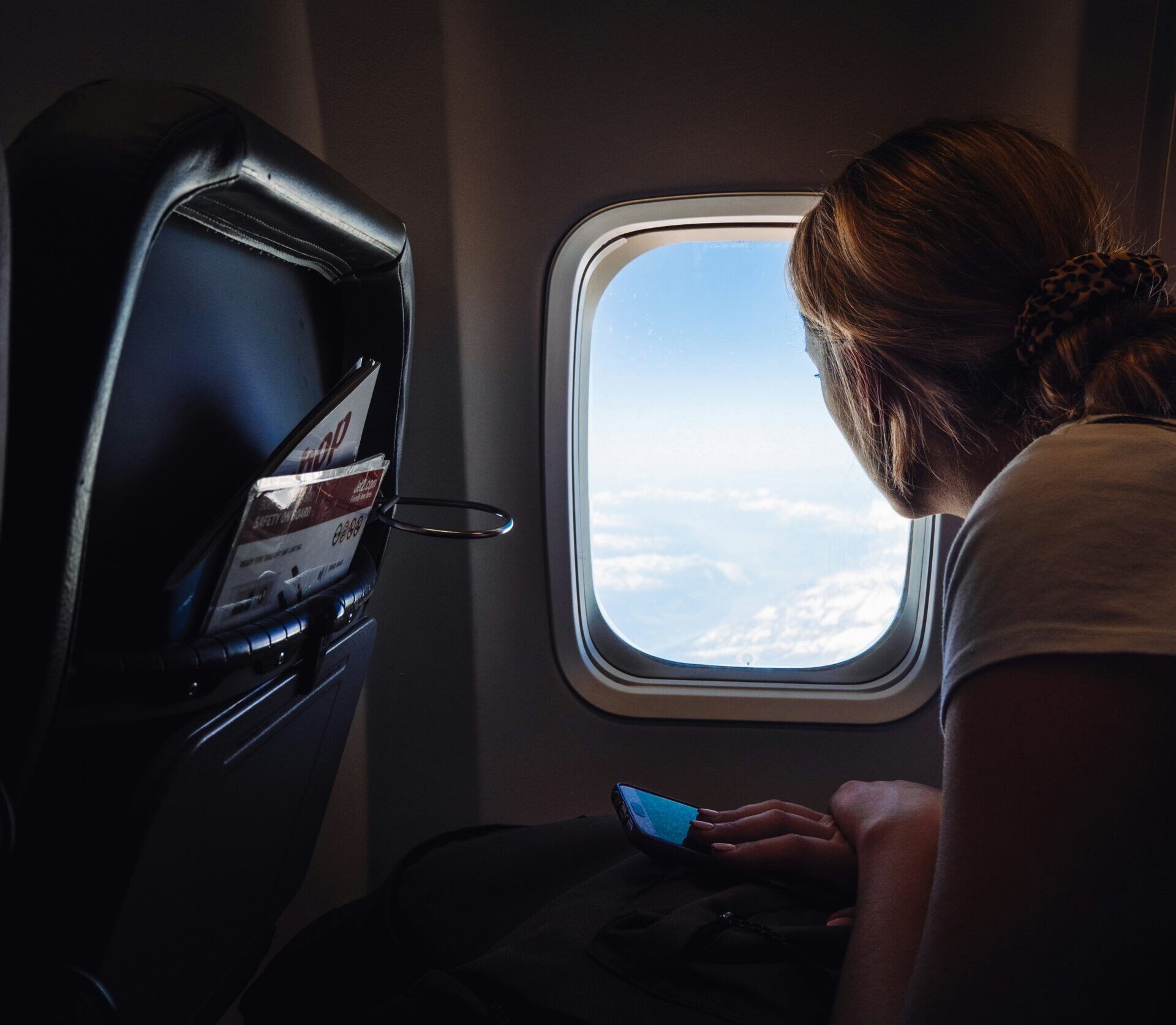
Photo: Courtesy of Chris Curry / Unsplash
Female professionals are driving global business forward—and they’re doing it on the road. With women now accounting for nearly half of all business travelers, 45 percent to be exact, companies, hotels, and destinations are under pressure to meet their evolving needs. But which cities are actually doing it well?
That’s the question Booking.com for Business set out to answer with a new study that identifies the best destinations for female business travelers, both in the U.S. and internationally.
The company analyzed a wide range of factors that affect women on work trips—from safety and leadership representation to access to female-focused professional networks and practical amenities like coworking spaces with mother’s rooms.
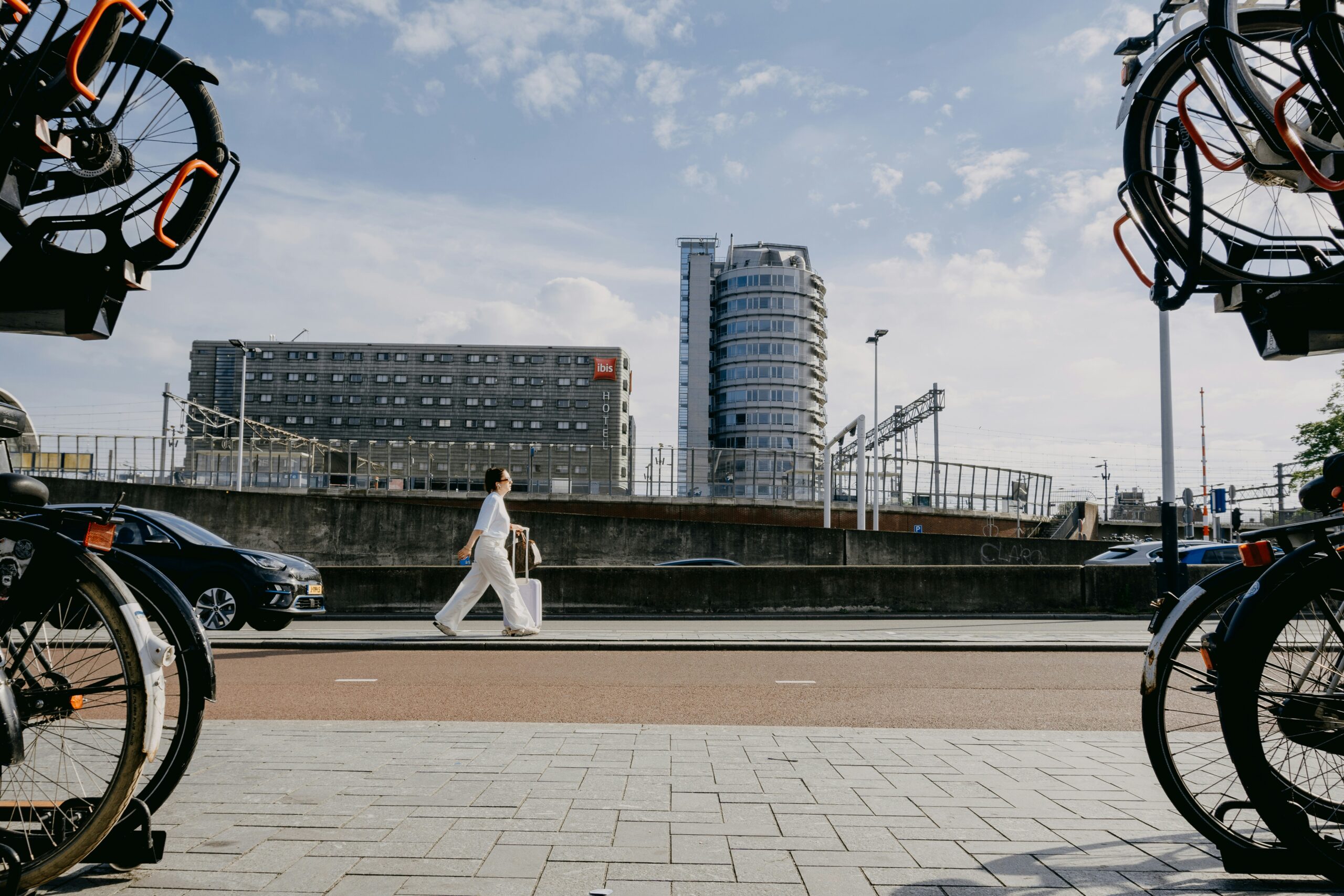
Photo: Courtesy of Julian / Unsplash
To create the ranking, Booking.com’s researchers collected and analyzed publicly available data across six key categories. These include the importance of gender equality in executive leadership and business ownership, as well as the availability of networking groups and business events specifically for women.
The percentage of coworking spaces that provide amenities for working mothers is also crucial, along with safety ratings and personal security indicators. Additionally, the quality of travel infrastructure and ease of movement, as well as access to supportive business resources and funding opportunities, are vital for fostering a favorable environment for women in business.
Each city and country received a composite score out of 10 based on how well it supports female professionals who travel for work—either as entrepreneurs, executives, or consultants.
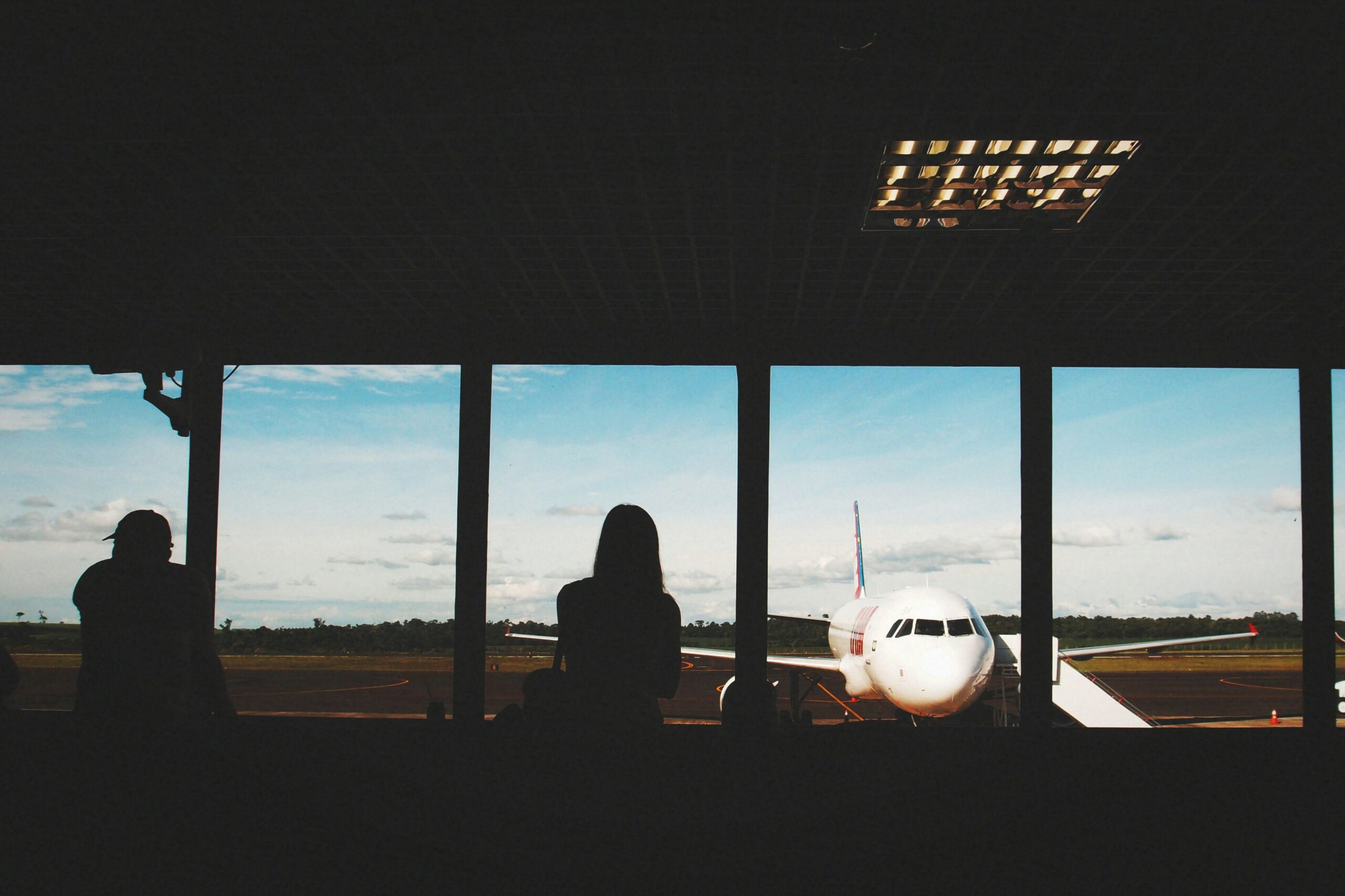
Photo: Courtesy of Rodrigo Pereira / Unsplash
The result is a revealing snapshot of where women are best supported while doing business on the road. Some cities stood out for their infrastructure, others for their inclusive ecosystems. But across the board, the message is clear: as the face of business travel changes, so must the environments that serve it.
Boston Tops the List
When it comes to traveling for work, Boston, Massachusetts, stands out as the top destination for women. Scoring 8.13 out of 10 in the study, Boston offers a powerful combination of professional opportunity, supportive networks, and inclusive infrastructure.
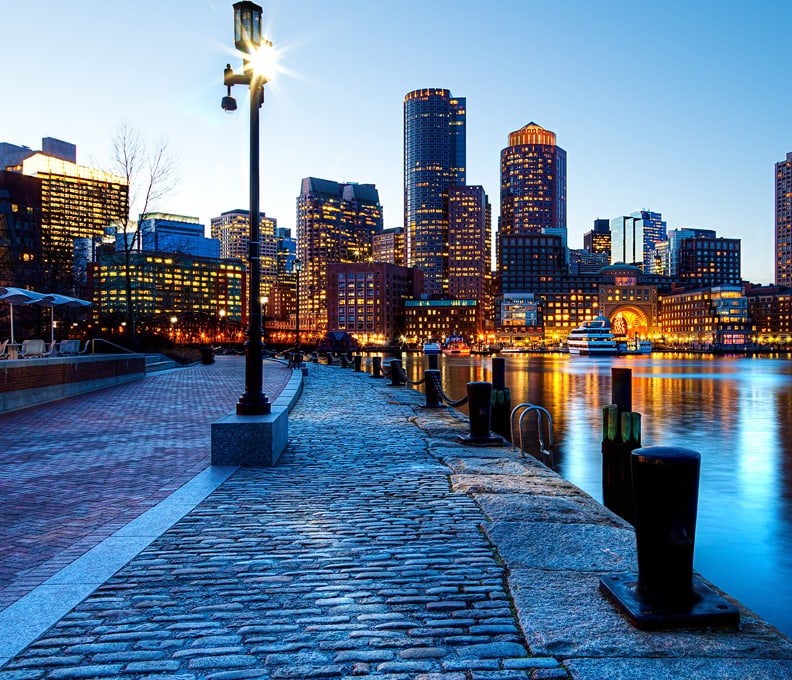
Boston Harbor and Financial District / Photo: Marcio Jose Bastos Silva/Shutterstock
With 504 top female executives per 100,000 people, Boston ranks among the highest in female leadership. Organizations like The Boston Club, Women Entrepreneurs Boston (WE BOS), and Boston Business Women (BBW) provide fertile ground for connection and advancement. The city also caters to working mothers: 14 percent of Boston’s coworking spaces include a mother’s room, second only to Kansas City.
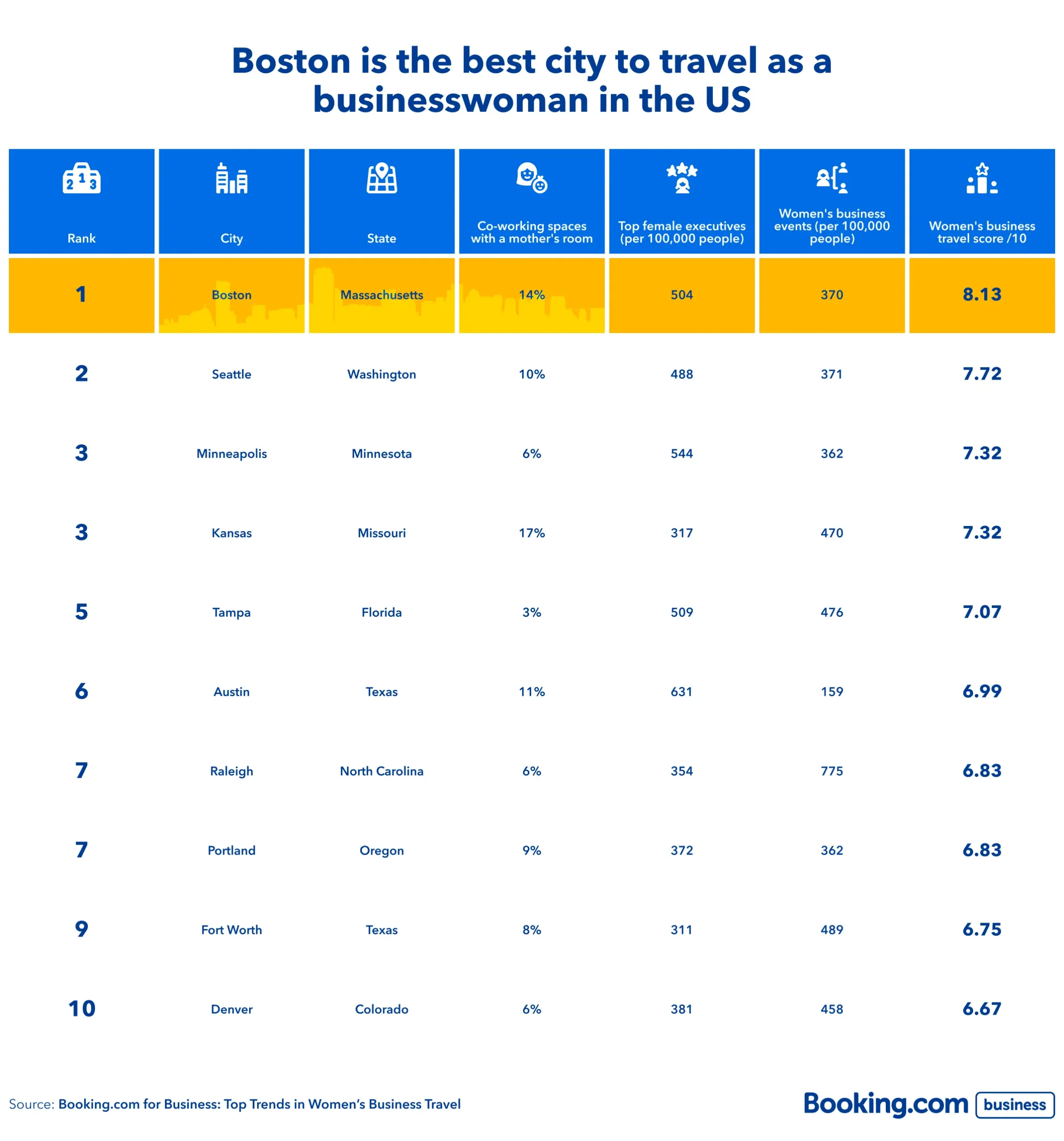
Graphic: Courtesy of Booking.com for Business
Safe, Supportive Environments
Seattle, Washington, ranks second with a score of 7.72. The city supports women professionals through coworking spaces with parental facilities (10 percent) and leadership programs like the Washington Center for Women in Business and the Women’s Business Enterprise (WBE).
The city hosts 371 women-focused business events per 100,000 people and is home to 488 female top executives.
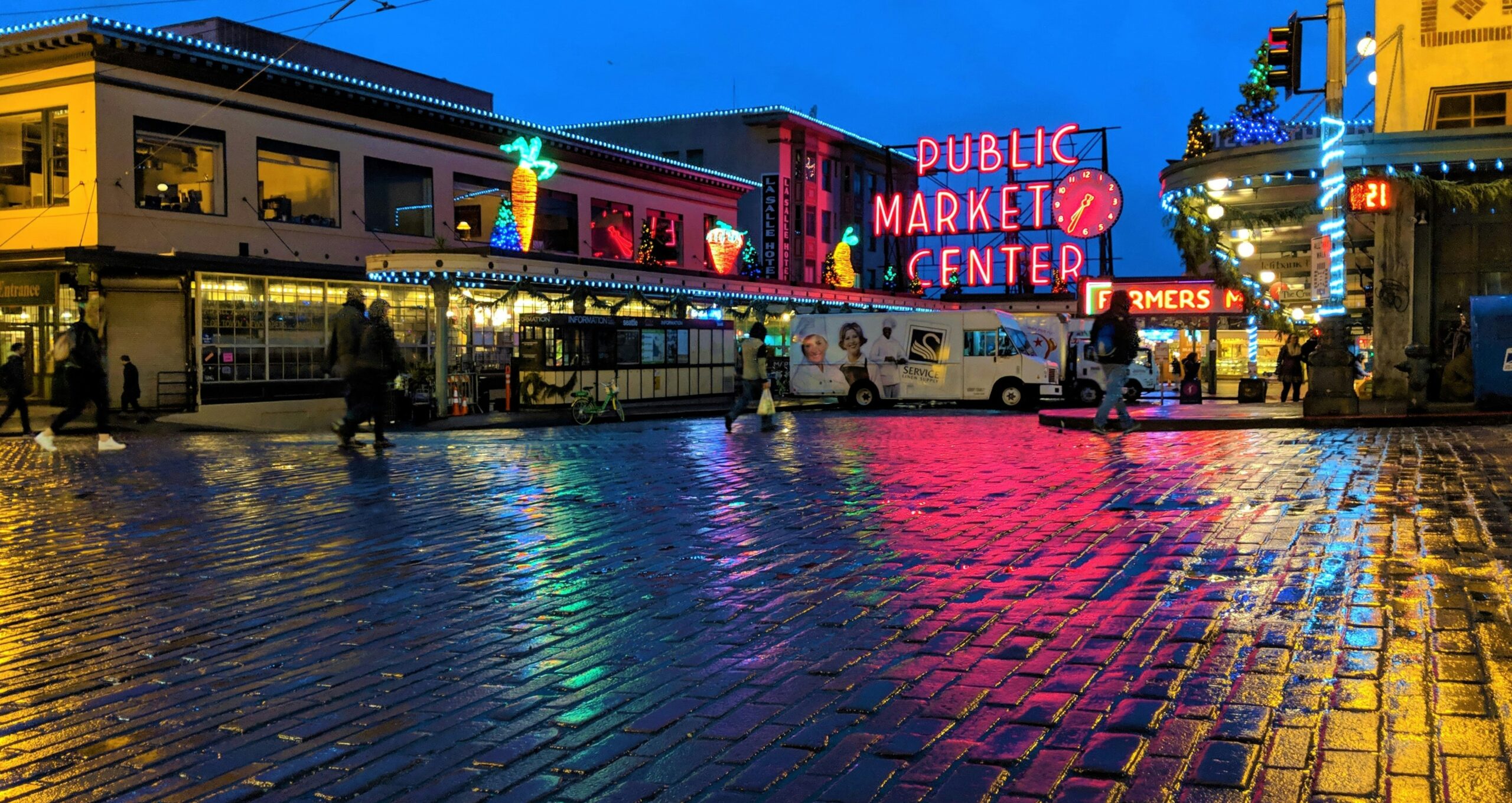
Photo: Seattle, Washington. Courtesy of Sabine Ojeil / Unsplash
Minneapolis, Minnesota, and Kansas City, Missouri, tied for third place with a score of 7.32. Minneapolis stands out for gender equality in the workplace and boasts 544 top female executives per 100,000 people.
Meanwhile, Kansas City leads in facilities for working mothers: 17 percent of coworking spaces there have mother’s rooms. Both cities offer strong networks like Women Venture and the Women’s Business Center, helping women launch and grow their ventures.
Safety, Budget, and Health
Despite these gains, challenges remain. According to Booking.com’s 2024 Travel Trends survey, more than a third (35 percent) of American women say their top concern when traveling is feeling unsafe. Other major worries include overspending (31 percent) and getting sick (27 percent).
Rounding up the top 5, women often worry that their experiences won’t justify the investment, and they also have concerns about the possibility of having an item stolen during their trips. These worries influence how women plan their travels and what they seek in accommodations.
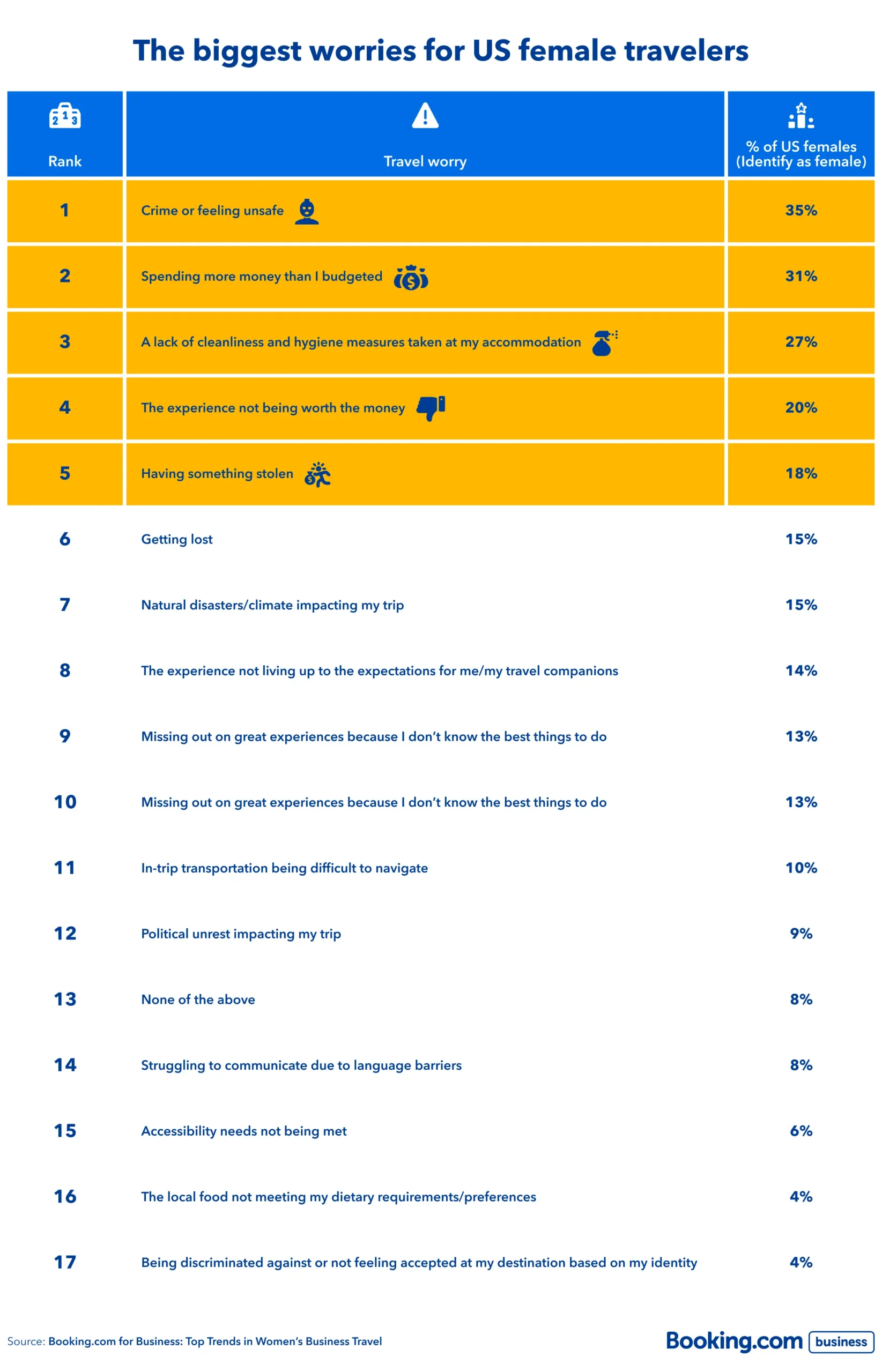
Graphic: Courtesy of Booking.com for Business
What Women Want in Accommodations
American businesswomen prioritize air conditioning (80 percent) above all when booking a hotel room. Safety and convenience are also paramount, with on-site parking (52 percent) and 24-hour check-in (49 percent) ranking high.
In-room amenities matter, too. Two-thirds (68 percent) of women want a power outlet by the bed—a small convenience with a major day-to-day impact. A refrigerator (59 percent) and a nice view (49 percent) round out the top priorities.
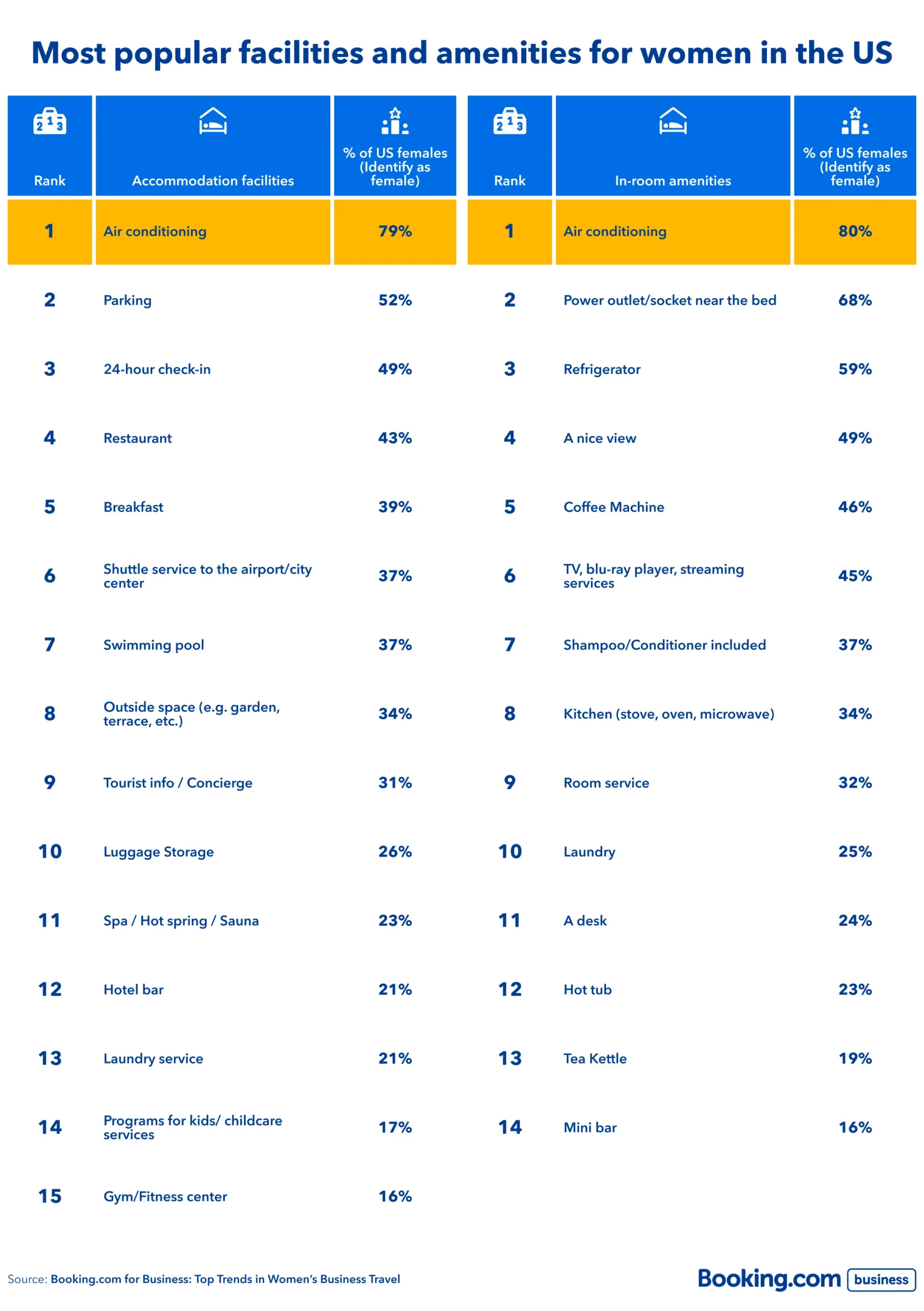
Graphic: Courtesy of Booking.com for Business
Flights That Fit Their Schedule
When it comes to air travel, flight times are the most important factor for U.S. women. More than half (56 percent) of respondents say that the timing of departure and arrival is their top priority when booking a flight, as it allows them to travel during daylight hours and feel safer.
Direct flights are also a priority for 54 percent of those surveyed, while flight duration is a key consideration for 35 percent. Other factors that follow in importance include luggage policies, the ability to modify a ticket, and layover times.
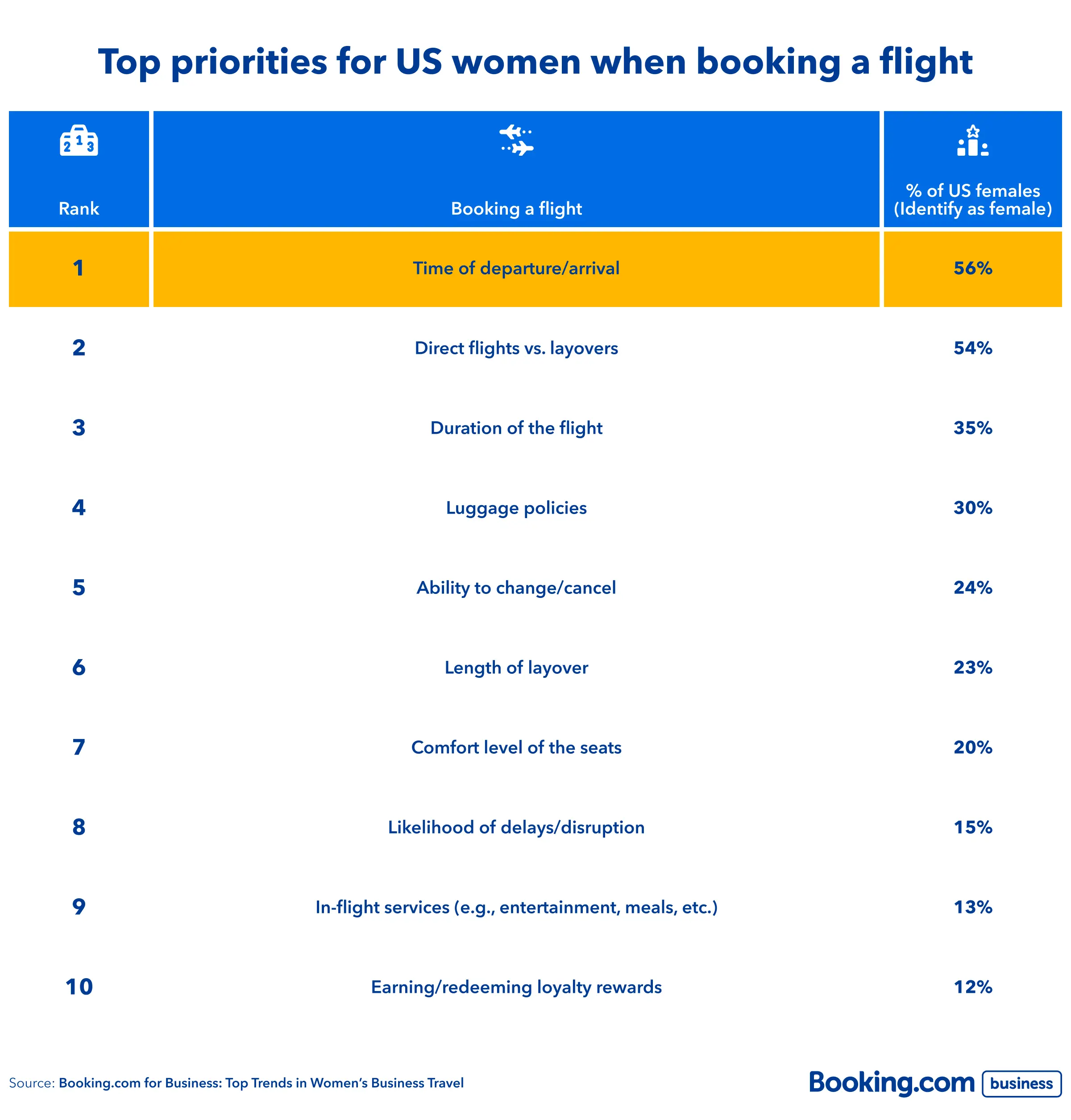
Graphic: Courtesy of Booking.com for Business
Looking Abroad
On the global stage, Sweden leads the pack with a business travel score of 7.72 out of 10. Thanks to progressive gender policies and a strong commitment to equality, 42 percent of Swedish legislators, senior officials, and managers are women. Leaders like Helena Helmersson, CEO of H&M Group, and former Prime Minister Magdalena Andersson underscore the country’s progress.
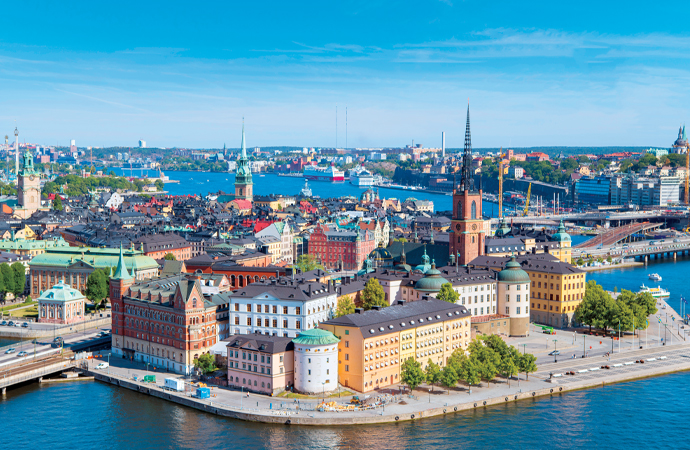
Stockholm / Photo: Ian Dagnall/Alamy Stock
Belgium and Portugal follow close behind, each scoring 6.77. Belgium boasts one of the lowest gender pay gaps in the world (1.11 percent) and a strong female leadership presence, while Portugal offers a vibrant entrepreneurial culture and events like the Women’s Entrepreneurship Day in Lisbon.
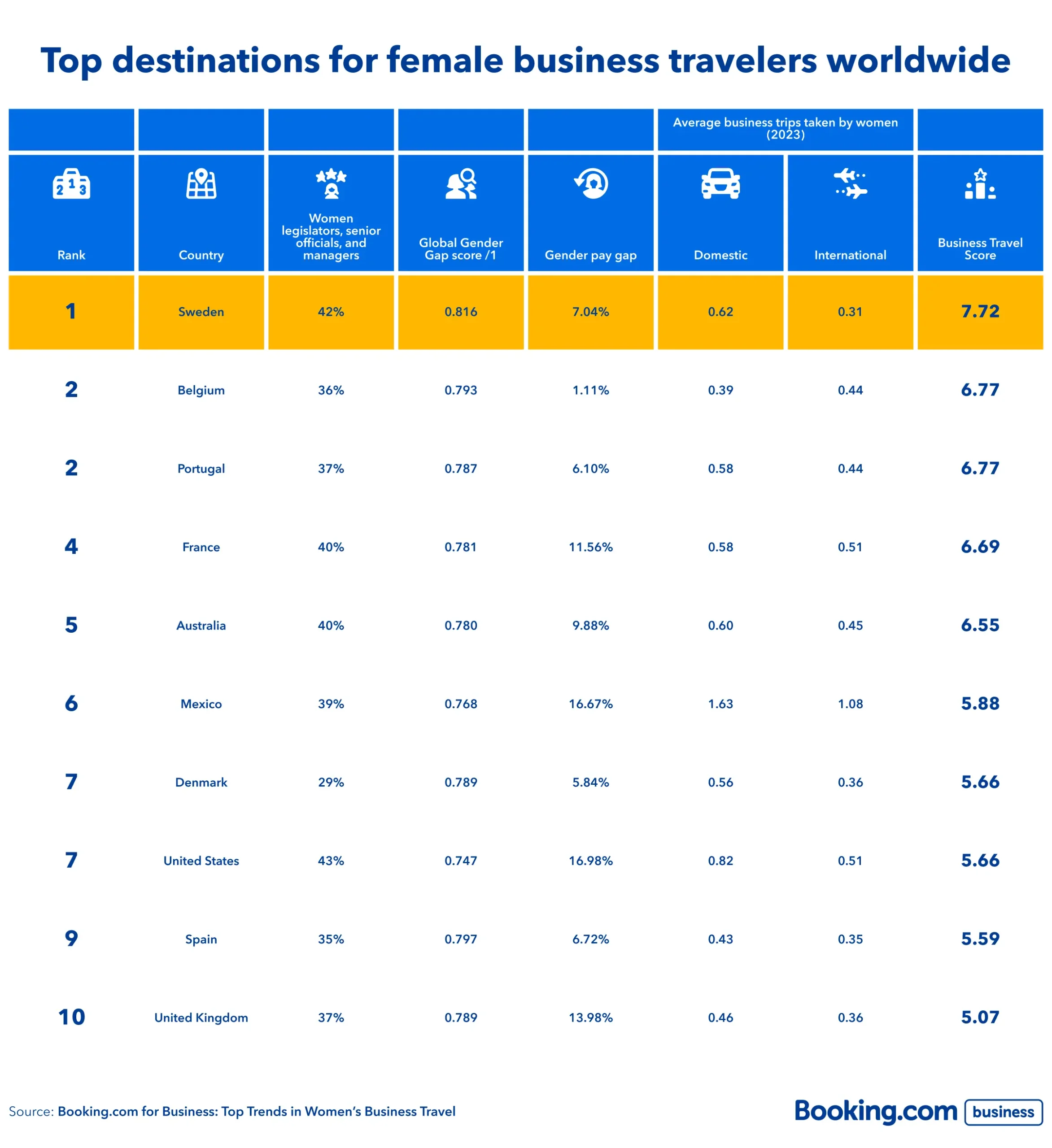
Graphic: Courtesy of Booking.com for Business
Why Inclusive Cities Matter
Beyond rankings, inclusive cities offer more opportunities for connection, productivity, and support. Business events specifically designed for women—such as leadership conferences and industry workshops—create pathways for advancement. A high number of female executives often indicates a more welcoming and equitable professional culture.
Therefore, cities that prioritize safety, flexibility, and inclusivity are not only better for women—they’re also better for business.

Photo: Courtesy of Arawark Chen / Unsplash
With nearly half of U.S. business travelers being women, cities and companies must adapt to the evolving needs of this influential group. Whether it’s a coworking space with a mother’s room, late-night check-in options, or leadership conferences filled with fellow trailblazers, small details can make a significant impact.
As female entrepreneurs and professionals continue to redefine business practices, a travel ecosystem that is safe, smart, and supportive can help them thrive.

